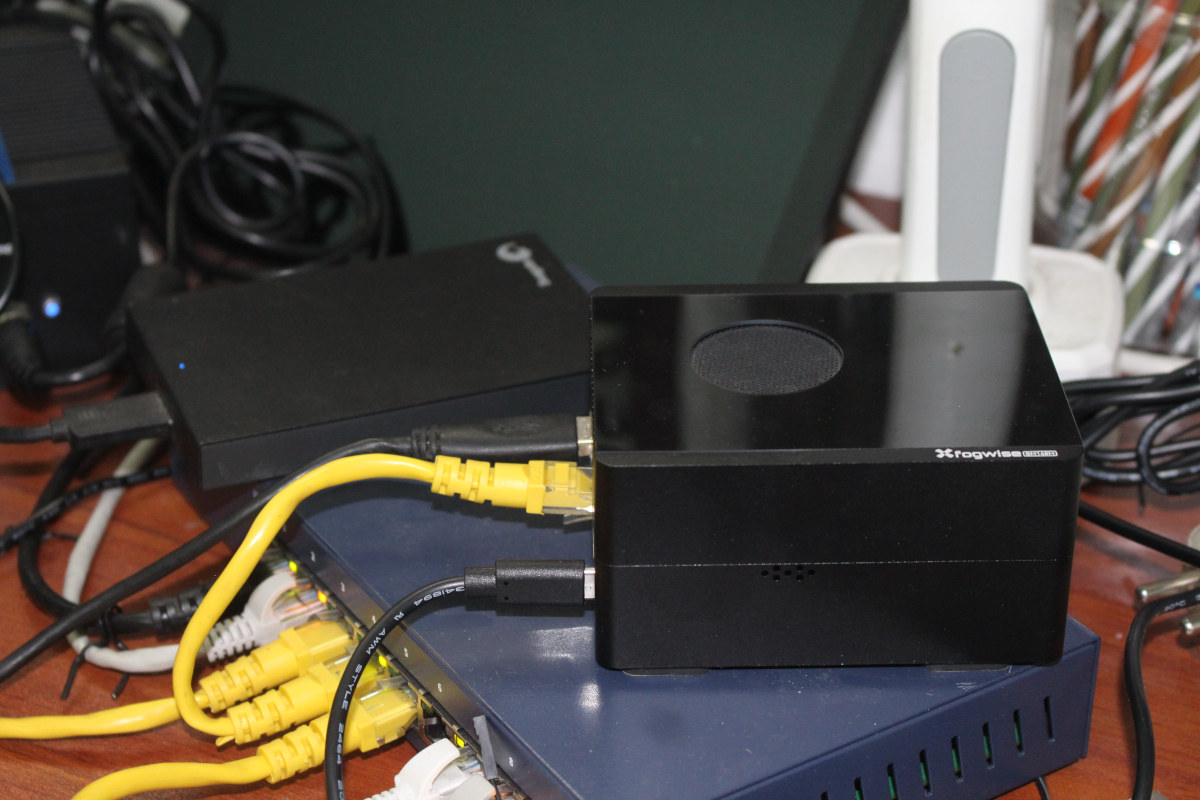Identifying the best artificial intelligence stocks can be difficult. The solution is a thematic exchange-traded fund that offers targeted, pure-play exposure to a basket of AI stocks.
To help investors find the best AI ETFs on the market, we ranked six based on various factors. These include their assets under management, exposure, type and expense ratio.
USA TODAY Blueprint may earn a commission from this advertiser.
Why trust our investing experts
Experienced fund analysts select our best fund selections based on a screening of several must-have metrics. Some of these metrics include but are not limited to assets under management, expense ratio, strategy, management, minimum investment requirements, turnovers and fees. You can read more about our methodology below.
- 7,000 mutual funds screened.
- 3 levels of fact-checking.
- 3-step editorial review.
Global X Robotics and Artificial Intelligence ETF (BOTZ)
iShares Future AI and Tech ETF (ARTY)
Global X Artificial Intelligence and Technology ETF (AIQ)
First Trust Nasdaq Artificial Intelligence and Robotics ETF (ROBT)
WisdomTree Artificial Intelligence and Innovation Fund (WTAI)
Roundhill Generative AI and Technology ETF (CHAT)
Compare the best AI ETFs
Our curated rankings of the top AI ETFs were created by applying a screen of several “must-have” metrics:
- AUM. Each AI ETF on this list has accrued at least $50 million in AUM. Research shows this is a good level for minimizing the risk of closure.
- Exposure. The ETFs on this list must offer substantial, majority exposure to AI-themed stocks. They can’t be broad tech sector ETFs with some AI exposure.
- Type. AI ETFs featuring leveraged, income, inverse or single-stock exposure are ineligible for this ranking. So are ETFs that use AI only to power their investment strategy.
- Expense ratios. To qualify for this ranking, an AI ETF can’t charge a net expense ratio higher than 0.75%.
Why other funds didn’t make the cut
Our rankings focus on ETFs that provide pure-play AI exposure. This means we excluded general technology sector ETFs, automation and robotics ETFs, and innovation thematic ETFs that don’t make AI an explicit and majority focus in their name, index or prospectus. ETFs that use AI technology to help make investment decisions were also omitted.
We also eliminated AI ETFs designed for short-term trading or income strategies. These include ETFs offering inverse, leveraged and covered call exposure. Such ETFs often have higher expense ratios, greater complexity and increased volatility. They aren’t suitable for long-term buy-and-hold strategies.
The AI theme is relatively new. We set a minimum AUM of $50 million to select larger and more established offerings. This helped us filter out smaller, newer or less popular ETFs. Such ETFs may have a higher risk of closure due to an inability to attract sufficient assets.
Finally, we capped expense ratios at 0.75%. Expense ratios directly affect long-term ETF returns. Keeping them as low as possible can help you save money.
Final verdict
AI ETFs can provide diversified exposure to a broad basket of AI companies. You can reduce the risk of an individual stock underperforming and participate in the industry’s overall growth.
The Global X Artificial Intelligence and Technology ETF is our pick for the best AI ETF. While it isn’t the cheapest option, AIQ stands out due to its established track record since 2018. It’s managed by Global X, a firm known for its thematic ETF expertise. AIQ’s benchmark, the Indxx Artificial Intelligence and Big Data Index, effectively captures leading AI companies worldwide. This ETF also performed well during the AI boom. With AIQ, you get a diversified portfolio that isn’t overly concentrated in top-heavy stocks.
What is AI?
IBM defines AI as “technology that enables computers and machines to simulate human learning, comprehension, problem solving, decision making, creativity and autonomy.”
AI is like teaching a computer to think and learn much like a human does. It involves allowing machines to learn from experiences and use that information to make decisions. As part of the process, AI corrects itself when it makes mistakes. This ability allows computers to perform tasks more independently and efficiently.
For example, ChatGPT is an AI chatbot. It learns from a vast amount of text data it was trained on. The chatbot understands the context of your questions and generates responses accordingly. When it encounters new queries or makes mistakes, it can adjust and improve over time based on feedback. This makes it efficient at having humanlike text conversations, solving problems and carrying out complex tasks.
Other ways to invest in AI
Aside from AI ETFs, there are other avenues to invest in AI. Examples include direct investments in AI-focused companies, mutual funds with an AI emphasis and venture capital funds that invest in AI startups. You may also consider equity crowdfunding platforms where investors can participate in early-stage AI funding rounds.
Should you buy AI ETFs?
Deciding whether to buy AI ETFs involves answering a key question: Are you buying at the start of a multiyear trend and paradigm shift or at the peak of a hype-fueled fad?
It’s important to understand the “priced in” phenomenon, where future growth expectations are reflected in current stock prices. If the market has overly high expectations for AI companies, even strong future performance might not lead to the returns new investors want.
Another consideration is whether you need a dedicated AI ETF for exposure. The S&P 500 index includes about 30% technology stocks. The Nasdaq 100 is even more tech-heavy at around 60%. These broader indexes may provide enough exposure to AI and tech sectors for many investors.
Lastly, think about the costs. A broad market ETF can offer more diversification at a lower price. This is generally a safer bet for long-term investment. Opting for an AI ETF, on the other hand, means embracing more concentration and typically higher fees.
Frequently asked questions (FAQs)
What is the best way to invest in AI?
There’s no one-size-fits-all answer to this question. The best way to invest in AI depends on your risk tolerance, investment goals and knowledge of the sector. But for many investors, AI ETFs offer a balanced mix of exposure and diversification. They allow investors to capture the growth of the entire sector without needing to pick individual stocks.
Does Vanguard offer an AI ETF?
As of September 2024, Vanguard doesn’t offer a dedicated AI ETF. The closest the firm has is the Vanguard Information Technology ETF (VGT). This ETF tracks technology sector stocks and may include some AI exposure. But it doesn’t focus on AI stocks or hold them as a majority.
What is the largest ETF for AI?
The largest ETF in terms of AUM that provides pure-play exposure to AI stocks is the Global X Robotics and Artificial Intelligence Thematic ETF.
Is investing in AI safe?
Investing in AI isn’t “safe.” There’s no guarantee the share prices of AI companies will remain stable and trend upward forever. When investing in AI stocks, you take on risks that could lead to losing your principal investment.
All stocks are subject to market risks. But AI stocks can be extra sensitive to market shifts due to their higher beta. This means they might react more intensely to economic changes, making them less predictable.
Regulation is another big concern. As AI technology grows, so does regulatory scrutiny. This pressure can shake things up for AI companies. It can affect their operations and bottom lines.
And don’t forget about competition. The AI space is cutthroat, and not every company will emerge on top. It’s a fast-paced field, and keeping up without stumbling can be challenging.




